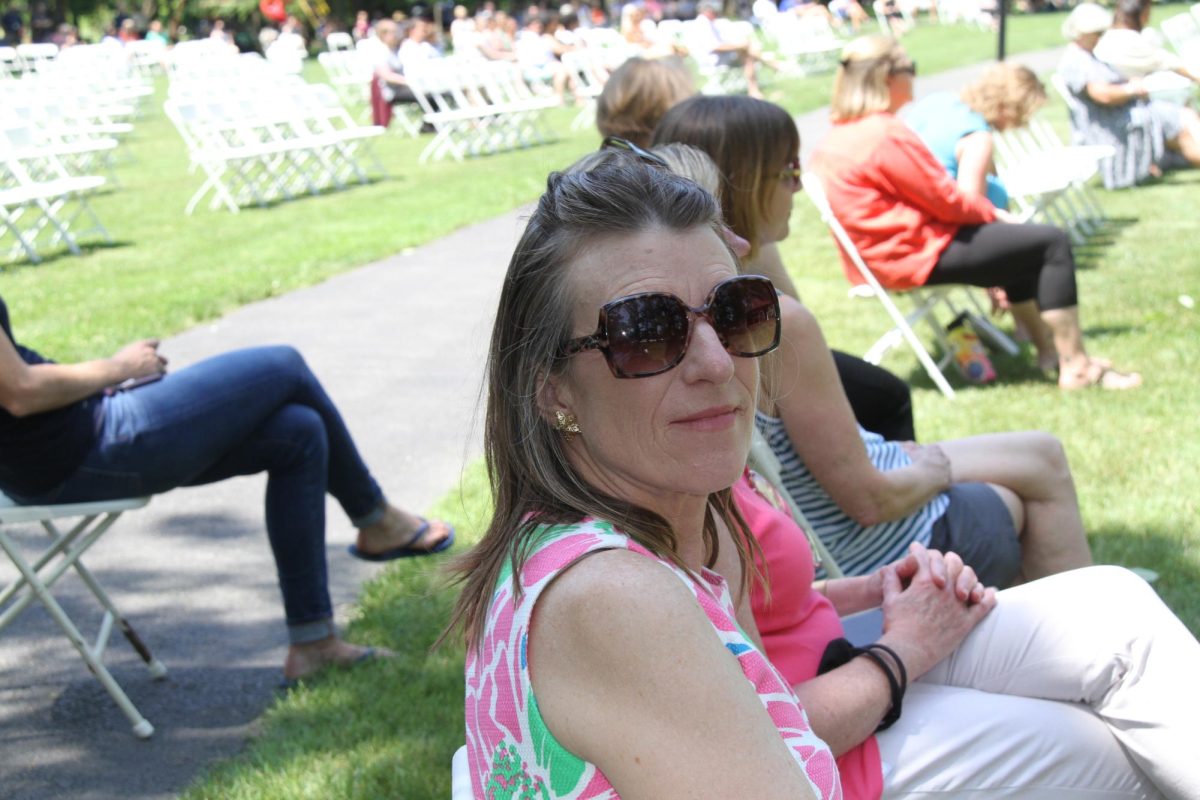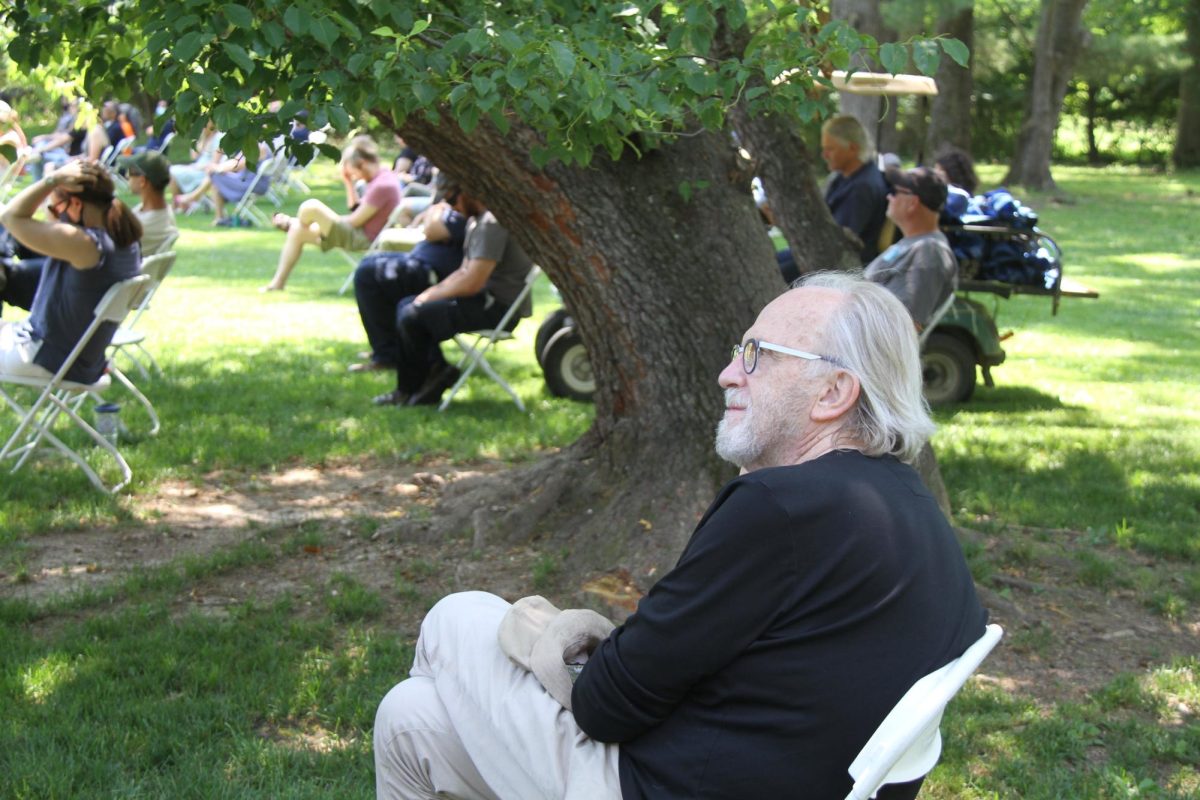What role should PDS play in patrolling student social media?
March 22, 2016
There is no arguing that now is the dawn of the digital age. Until recently, there was very little that needed to be done to get rid of incriminating evidence. You could put it into a paper shredder, set it on fire, or even flush it down a toilet. But whatever you did, it would be gone. However, nowadays, it is nearly impossible to live without leaving a footprint anywhere, whether we are talking about greenhouse gases or our presence on social media.
College acceptances and job searches are no longer merely dependent on a test score and an interview — they are influenced by a multitude of factors, the most important arguably being the presentability of an applicant’s Facebook timeline, Twitter feed, or Instagram posts. In times like these, the wrong post can be the difference between a letter of acceptance and the rescission of a job offer, because one’s online presence is not only a representation of oneself, but a representation of the institutions one is tied to and the values that go along with them.
This is precisely the reason that PDS’s role in regulating social media is vital. As Dean of Students Dr. Elizabeth Monroe put it, “It’s as much about protecting our students and helping them put their best face forward, as it is about making sure that everyone is adhering to the community expectations.”
The PDS E-Code is a comprehensive one, successfully outlining all the “do’s” and “don’t’s” of the PDS network. While it does state that Princeton Day School has the duty and right to ensure the responsible use of its network, it is important to stress that the school does not routinely review the content of students’ posts, emails, and private accounts. In other words, in accordance with the spirit of the Honor Code, PDS trusts that we will simply abide by the expectations outlined. It is for this reason, among many, that students school wide celebrated the unblocking of the social media application, Snapchat, from the PDS wifi network.
“We’re not here to be draconian or go overboard and tell people what they can or can’t do in their daily life,” Monroe said, “however, I do really want to impress upon people that responsible usage is going to be key.” Monroe added that as members of an institution we have a duty to represent the values of our community in the most accurate way possible. As students, we are supposed to embody the very essence of Princeton Day School, and what it is all about: “To learn honorably is to live honorably.” It is with this message in mind that we may think about the events that transpired as the iconic Lawrenceville-PDS hockey game was approaching.
We all saw it. Whether you tilted your head in confusion, or nodded knowingly, the stern email from the Head of Upper School, Jason Robinson, was seen by all, and it stressed the very message of the PDS Honor Code—“Be your best self. Act with class.” As a school, we must put our efforts into showcasing “the great community we are,” wrote Robinson.
The role of PDS administration in patrolling our social media is not one that is overbearing or nosey, but one that is necessary for the preservation of the integrity of our school. Nothing, absolutely nothing, that is done online is private. Something said out of simple frustration in the theater lobby is not the same as a tweet aimed at denigrating someone when you have an unlimited audience of people. These footprints live forever, and when screenshots are taken and rumors are circulated, there just is not a way to get rid of them. It is incredibly difficult, if not impossible, to undo the damage done by something circulated to hundreds upon hundreds of people.
Though nobody is actively going through every single online post, (and quite frankly, there simply is not enough time or energy in the world to do that), the Tech Department reserves the right to do some filtering when issues of concern are brought to the administration’s attention.
If we think back to last year, Facebook posts started by an anonymous user were shared for the sole purpose of targeting PDS students, and quickly became the talk, and scandal, of the community.
“That does become our issue because you are a part of the PDS community,” said Dr. Monroe, “and that is not acceptable behavior.”
It reflects poorly on our values, and the ability of Princeton Day School to foster a community that is widely accepted as a safe space for all.
It is difficult to imagine that something so small could become so big, but that is precisely what occurs.
“People bring their issues forward,” Dr. Monroe said. When this happens, it becomes the responsibility of the school to address them.
The issue of patrolling social media is not about censorship or limiting the right to free speech, because matters such as these no longer fall under the category of the First Amendment when they cross over into the land of cyberbullying and harassment—both of which are offenses punishable by law.
As members of a community such as this one, a community that aims to foster such an “academic, social, and moral education,” it becomes not only the right, but the duty of administration to intervene when they see ft. Princeton Day School’s current role in regulating social media is absolutely vital to the prosperity of our community, and there is not a doubt in my mind that without it, we would all be in a much darker place.





